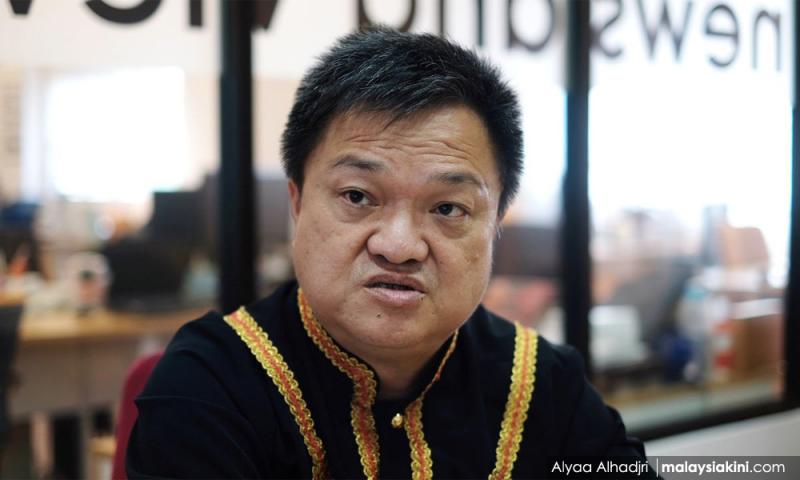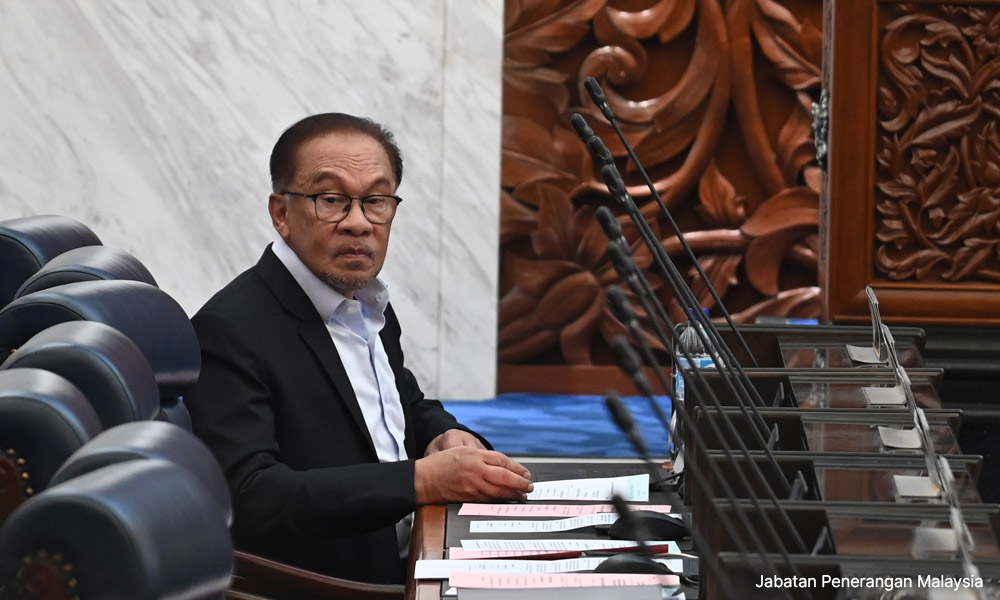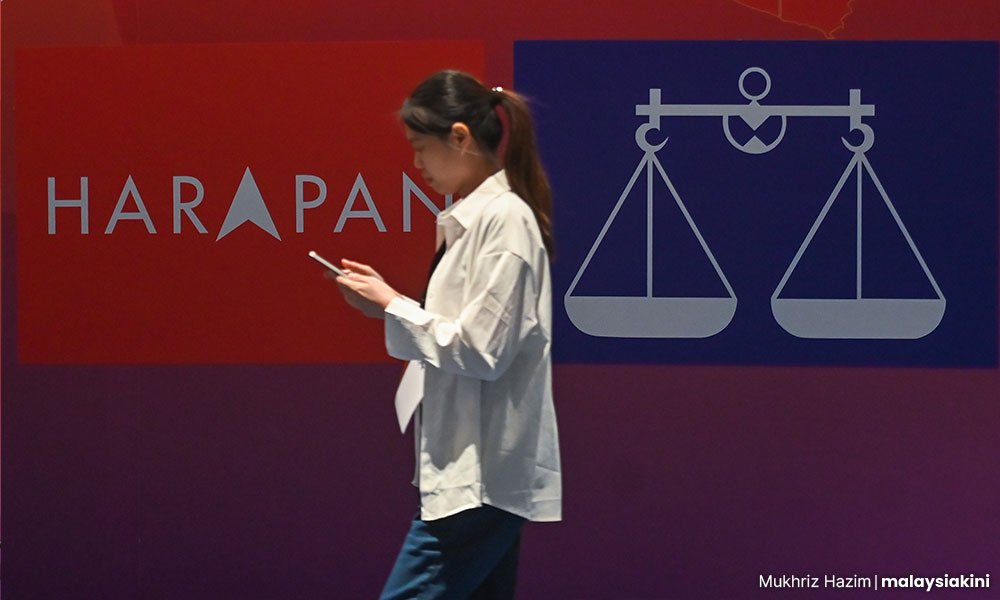
Political scientist decodes Anwar and the liberals' dilemma
Prime Minister Anwar Ibrahim’s pragmatism has placed the liberals in a conundrum, according to political scientist Wong Chin Huat.
The Pakatan Harapan chairperson and his coalition government are in a desperate race with Perikatan Nasional to win the hearts and minds of the Malay electorate, who appear to be leaning towards the latter.
“You will hear someone say, in the end, you have to support Anwar, or what else? Who else to support? But backing Anwar carries two risks.
“First, of course, you expect Anwar to be pragmatic. If he is not, he cannot be the winner. But Anwar is pragmatic to the point where there is almost no bottom line.
“Second, Anwar's decision-making style is arbitrary. Sometimes, you can understand why he did so, but his method is very crude, almost driven by his own will, and then causes social discontent to be dealt with,” said Wong (above).
This, he said, left liberal voters with three options, including supporting Anwar regardless of what he does.
“Second is that we switch our support to other parties which seem to be more idealist. But if votes cannot be transferred en masse, dispersed votes will just benefit PN.
“Third, be a ‘Pamu’ and don't vote. However, not voting is tantamount to letting someone else decide for you and PN will probably still win,” he added.

Prime Minister Anwar Ibrahim
Pamu is the acronym for “Parti Aku Malas Undi”, which was coined by Wong.
In abstract terms, the political scientist pointed out that liberal voters have three political routes to choose from, which are:
1) Abandon democratisation and consolidate relatively progressive powers, namely Harapan
2) Deepen democracy by inducing political parties to compete on policy grounds, gradually suppressing extremist and populist tendencies while reducing identity politics, promoting non-ethnic issues and parties, and weakening patronage politics and corruption.
3) Promote ethnic reconciliation, reduce inter-ethnic distrust, directly lobby Malay voters on various issues and weaken political figures' intermediary roles between ethnic groups.
Wong said the first and second options are mutually exclusive while the third can run parallel with either the first or the second.
Democratisation
In the past, the academic said, Malaysians spoke about and supported democratisation because they believed it would enhance their rights as citizens.
However, he noted that following the advent of the two-coalition system, Malaysian politics did not move towards pluralism but shifted towards the opposite instead.
As for the redrawing of electoral constituencies to reshuffle the existing power dynamics, the political scientist said this can only happen by March 2026 at the earliest.
He added the process would take about two years and negotiations between parties could delay it further, making it unlikely to be completed before the 16th general election due in 2027.
Pamu is the acronym for “Parti Aku Malas Undi”, which was coined by Wong.
In abstract terms, the political scientist pointed out that liberal voters have three political routes to choose from, which are:
1) Abandon democratisation and consolidate relatively progressive powers, namely Harapan
2) Deepen democracy by inducing political parties to compete on policy grounds, gradually suppressing extremist and populist tendencies while reducing identity politics, promoting non-ethnic issues and parties, and weakening patronage politics and corruption.
3) Promote ethnic reconciliation, reduce inter-ethnic distrust, directly lobby Malay voters on various issues and weaken political figures' intermediary roles between ethnic groups.
Wong said the first and second options are mutually exclusive while the third can run parallel with either the first or the second.
Democratisation
In the past, the academic said, Malaysians spoke about and supported democratisation because they believed it would enhance their rights as citizens.
However, he noted that following the advent of the two-coalition system, Malaysian politics did not move towards pluralism but shifted towards the opposite instead.
As for the redrawing of electoral constituencies to reshuffle the existing power dynamics, the political scientist said this can only happen by March 2026 at the earliest.
He added the process would take about two years and negotiations between parties could delay it further, making it unlikely to be completed before the 16th general election due in 2027.

Wong also addressed the failure of the much anticipated two-coalition system to usher in a healthy and centrist competition between political parties.
He explained that the prerequisite for maintaining a healthy centrist two-coalition system is that both competing sides uphold pluralistic politics and that there are other competitive arenas beyond racial considerations.
"So why did the centrist two-coalition system fail?
“First of all, our power is highly concentrated, making it difficult for losers to maintain hope of returning to fight another day.
“Once the losers believe there is no hope of fighting again, they will think that instead of staying in the middle ground (of the political spectrum), they might as well go back to where they were," he added.
Another reason, Wong said, is the split in BN after losing federal power in 2018 which saw East Malaysian parties leaving while some MPs switched sides to Bersatu.
No comments:
Post a Comment